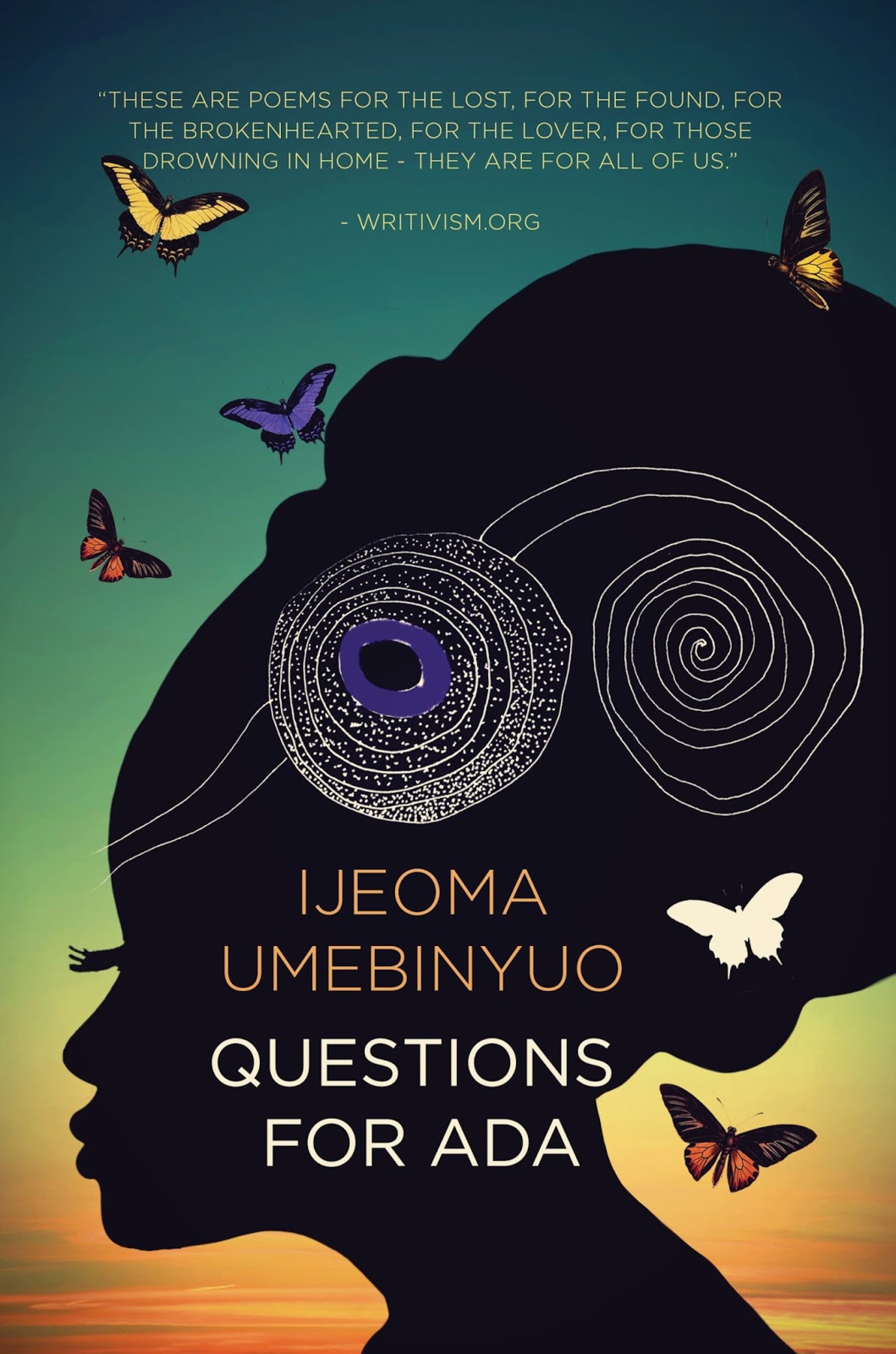
How reading Nigerian poet’s collection Questions for Ada changed the life of director of Hong Kong NGO Help for Domestic Workers
- Manisha Wijesinghe read Nigerian poet Ijeoma Umebinyuo’s Questions for Ada while she was in the US, and loved the themes about women and being away from home
- She cried the first time she read it, and returns to the book often, as the poems speak to the experiences of the Hong Kong domestic helpers her NGO assists
Nigerian poet Ijeoma Umebinyuo’s collection Questions for Ada (2015) is a passionate, lyrical exploration of issues including love, abusive relationships, the pressures placed on women in society and the sense of dislocation caused by migration.
Manisha Wijesinghe, Sri Lanka-born executive director of Hong Kong NGO HELP for Domestic Workers, which works to advance the legal rights of the city’s helpers, explains how it changed her life.
I came across it in 2019. I was in the United States for about a month, and a friend there recommended it; it was something that had resonated with her. I had not come across her work at all. My friend said there’s this phenomenal Nigerian poet who talks about women’s experiences. There are some universal themes: women finding themselves and their identity.
I was travelling for a conference in December that year and I was feeling despondent because I wasn’t able to go home for Christmas. One verse stuck with me:
“So, here you are
too foreign for home
too foreign for here.
Never enough for both.”

Whether you’re a migrant or an expat, you’re being torn between two places and never feeling fully in one of them or the other – especially during the pandemic.
I came to Hong Kong in 2013. One of the reasons I started working with domestic workers is because I struggled, working in a very foreign country. I’d always worked before in children’s rights and I thought that would be the rest of my career.
I came to Hong Kong for my master’s and I had to deal with the pressures of being away from my home, but I was also doing it to support my family’s future. It was what drove me to work with the migrant domestic worker community; I could feel what it feels like.
That verse was what I see a lot of domestic workers feel. You’re never enough. Whether it’s myself or the clients we see, you feel like you’re always giving 150 per cent but you’re still constantly feeling like you fall short of what you should be doing, as a mother, as a daughter, as a sister.
You’re trying to do your best for your family but you’re missing their birthdays and holidays. You’re working to send your child to college but you miss their graduation.

But you know you’re doing that for something bigger. There are also a couple of other poems about remembering where you come from – that you’re the product of many years of struggle. It speaks to a lot of women at different stages in life.
The first time I read this book, I was in tears; it was so powerful. I highlighted sections and to this day I go back to them, especially when I’m questioning my place in the world. You can see challenges faced by women that are so much greater than the challenges I face.
It’s a work I’m passionate about. The feeling of being torn between countries is universal to anyone who’s left their home.

